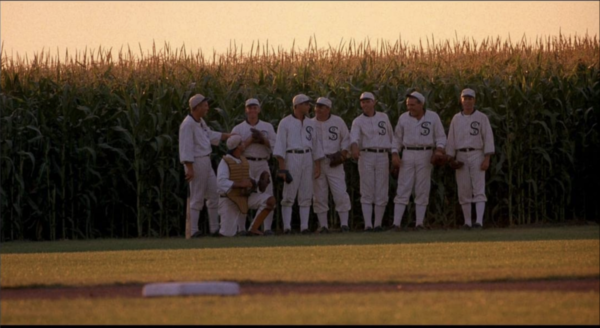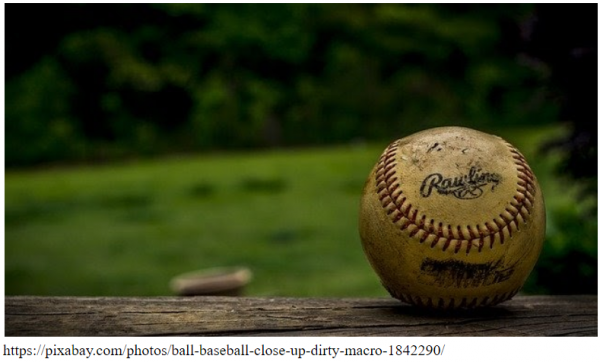Baseball is a difficult game to begin with. Add in a child, who is very hard on himself when he fails, and parents have the recipe for many unhappy nights. This type child is often difficult to reason with and parents may feel like their child needs outside help. That may be true. First, parents should try the following with the understanding that many very good baseball players began as high self-pressured players, only to come to grips with it and have successful careers. Additionally, self-pressured kids are often very hard workers and very passionate about baseball, all admirable traits in athletes, and ones that adults should be careful not to take away.
Thing parents should try:
* Be positive and do not add fuel to the fire by putting extra expectations on kids. This may seem like common sense but many adults unwittingly add expectations to their kids and do not apply common sense when it comes to their own child. Parents often think they are being positive but do little things that add pressure.
* Be patient – another common sense piece of advice. With patient adults around them, most highly self-pressured athletes learn to deal with failure over time. Usually, those that do not learn to cope quit playing at a young age.
* Emphasize the importance of team goals and not individual accomplishments. Talk about team play and only talk about their child’s performance if the child brings it up. Do not dwell on the child’s performance and discuss other life topics.
*Show empathy when a child is obviously distraught but help them keep it in perspective with positive statements like, “You will do better next game” and “Your hard work will pay off in the future, guaranteed.”
* Miss the child’s games occasionally so kids realize the world and their parent’s lives do not revolve around their sports career.
* Discipline players for any inappropriate, embarrassing or over the top negative behavior, especially by threatening to have them miss a game or two. Following through with the discipline when proposed, when they do not adjust, is necessary and positive parenting also.
* Find a knowledgeable coach for players so any answers and confidence they may be lacking is available. Many self-pressured players become frustrated because they do not know how to make necessary adjustments. Knowledge from a professional instructor can help.
Of course, listening to and having open communication with kids is always important to help them cope with the many life issues in their lives, even beyond the ball field ones. Baseball frustration may be avenue of behavior that is the result of other, hidden issues in a child’s life.











